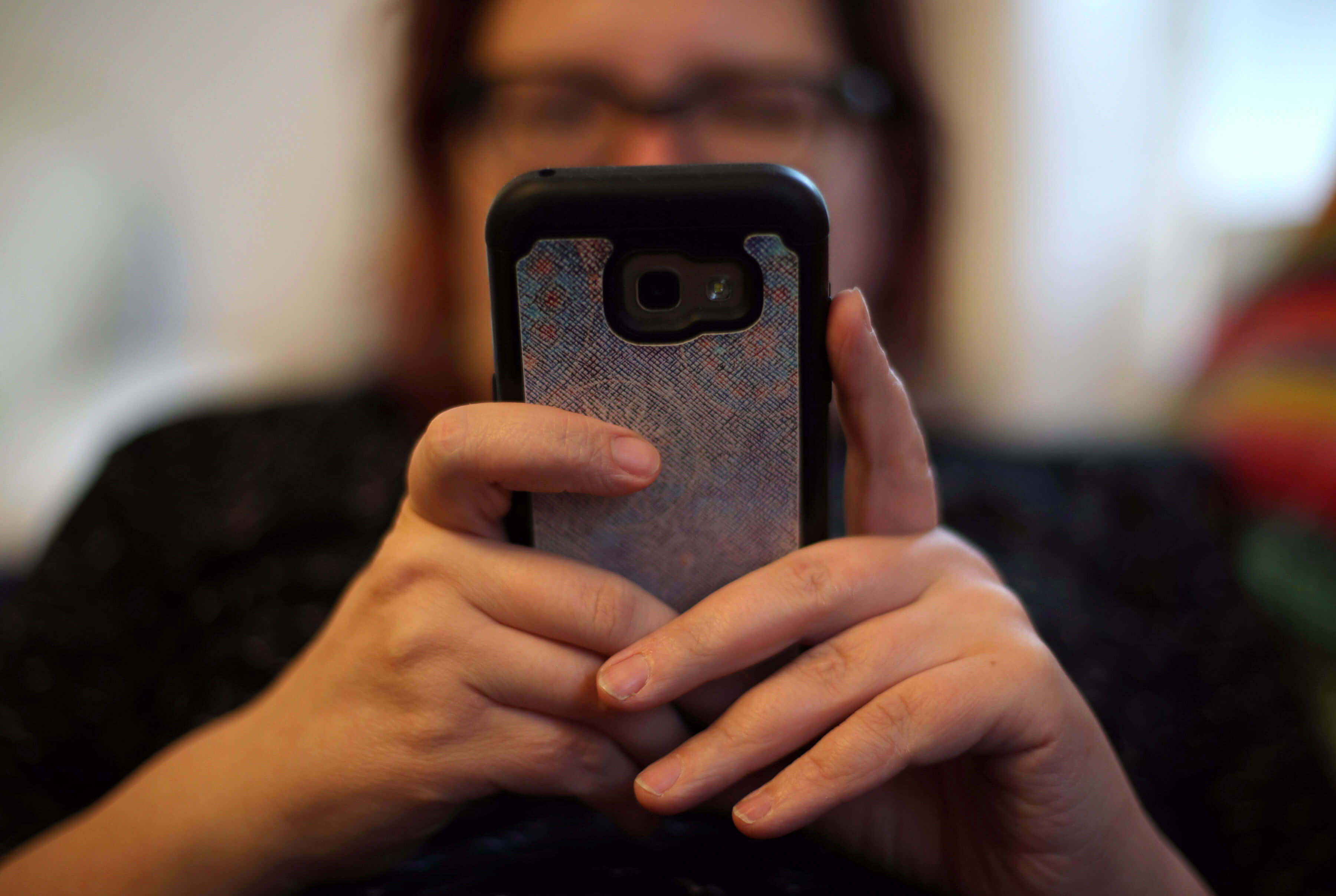America’s economic woes? Gambling tells a different story

Yeah, yeah. Things are more expensive than they used to be. Housing is expensive. Utility bills have gone nuts. Food costs are up. I get it.
People don’t like inflation, and we’ve had a lot of it over the last few years.
The rise in prices coming out of the Covid pandemic is the prime thing people point to when they’re searching for reasons behind the persistently sour economic mood Americans report in long-established surveys of consumer sentiment.
One, the University of Michigan’s Consumer Sentiment Survey, just showed — surprise, surprise — a relatively meh mood prevailing among the populace in September, despite the fact that unemployment is 4.2%, growth is pumping along at 3%, real disposable incomes continue to tick higher, and the stock market is at a record levels.
I don’t really buy it. For one thing, I think like everything else, survey data on the economy has been skewed by the political polarization that has infected almost every aspect of American life over the last 30-odd years. (More on that below.)
But more to the point, the supposedly sour survey data just doesn’t square with the way people are behaving.
Case in point: Personal spending numbers released today show that American spending on casino gambling hit never before seen levels in August, when it rose to a seasonally annualized annual rate of $155.52 billion. Adjusting for inflation, real spending on casino gambling is up about 11% from levels that prevailed five years ago before the pandemic hit. Annual industry numbers show the same trend.
Now this has a lot to do with the wave of sports betting that’s washed over the country since the US Supreme Court in 2018 said states could set their own rules on sports gaming, adding a new revenue stream for companies like DraftKings but also for some casinos through online apps.
The overall point still stands. If Americans were deeply, seriously concerned about the economy, their job security, their own personal finances, or their ability to make ends meet at the end of the month, they wouldn’t be letting it ride on the over this Sunday on their favorite NFL team, as they are currently doing in epic proportions.
For the record, I could care less if people like to gamble. Do what you want. It’s a free country.
But spending on gambling drops during recessions and periods of economic sluggishness. We’re seeing the exact opposite right now.
So why are the headline numbers on consumer sentiment so lackluster? I think it’s just another sign of the way that political polarization has skewed longstanding measures of public opinion. This is a pretty well-accepted fact. And over the last few years it’s been especially visible among voters on the right.
When Donald Trump was elected in November 2016, Republican views about the current state of the economy soared. When he lost in November 2020, those views plunged. That’s not really about anything changing in the economy. It’s just a partisan vibe shift.
And for the record, views among Republicans on the economy right now are significantly worse than they were during the worst periods of the deep recession of 2008-2009, when the US economy was hemorrhaging more than 700,000 jobs a month. Their responses are about politics, not the economy.
Luckily, to get a read on the state of the American consumers, you don’t have to listen to what people say. You can see what they do. And one thing I’ve noticed Americans do when they’re feeling flush: they gamble.
And right now, Americans are letting it ride. That’s a giant tell that deep down, people know the economy is pretty good, no matter what they say.
Related
Sports Betting Giant Flutter Forecasts Strong U.S. Growth To Drive…
Flutter CEO Peter Jackson.Courtesy of Flutter Entertainment Flutter Entertainment, the world’s largest online gambling company, said that it’s expecting str
BetBlocker Enters US Responsible Gambling Market
The charity, originally from the UK, launched a US unit, BetBlocker US, as part of its North American entry. The organiz
Viewers react to ’embarrassing’ JD Vance comment toward Zelenskyy as…
Social media users watching clips of the heated meeting between President Donald Trump, Vice President JD Vance and President Volodymyr Zelenskyy have called a
Ukraine latest: Zelensky urges Trump to stand ‘more firmly on…
We have Zelensky's statement in full Below, we have Ukrainian president Volodymyr Zelensky’s statement in full after touching down in the UK following a fiery













